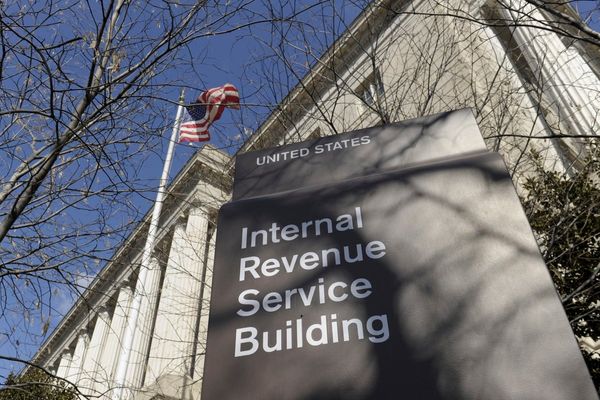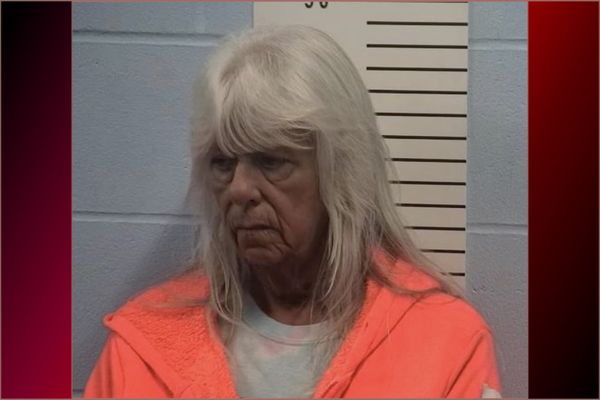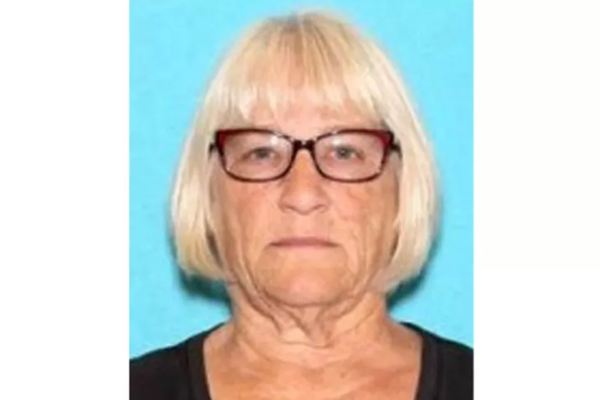The health board has made huge strides in mental health for young people.
The latest figures show that more than ninety per cent of those referred to child and adolescent mental health services (CAMHS) between January and March were seen within 18 weeks.
That compares favourably with the three months between July and September last year, when just 38.5 per cent of those referred were seen within the 18 week timeframe – the worst rate among Scotland’s 14 health boards.
The Public Health Scotland data shows that in the first three months of the year, 9,672 people were seen by the country’s CAMHS, 445 of them were in Dumfries and Galloway.
The Scottish Government has set a target of 90 per cent of people being seen within 18 weeks, with the Dumfries and Galloway figure being 91 per cent.
The Scottish average was 73.2 per cent – an improvement on the previous figure of 70.5 per cent.
An NHS Dumfries and Galloway spokesman said: “CAMHS have been undertaking improvement work to try and offer a first appointment to all children and young people within four weeks of referral. All children and young people referred to CAMHS as urgent are seen within 24 to 48 hours.
“Parallel to this CAMHS have been working with their IT department and PHS to provide more accurate data on when an individual’s treatment starts (rather than using the proxy measurement of date of second appointment).
“When this process was agreed CAMHS were asked to resubmit data from January 2021.”
Scotland’s Minister for Mental Wellbeing, Kevin Stewart, said: “Long waits for treatment are unacceptable and it is encouraging to see a decrease in the these figures. We remain committed to meet the standard that 90 per cent of patients begin treatment within 18 weeks of referral.
“We have invested £40 million to improve CAMHS and to clear all backlogs by March 2023. We are also continuing to work directly with health boards with the poorest performance to ensure the 18-week waiting time standard is met.
“We have also provided an additional £15 million to local authorities to deliver locally based mental health and wellbeing support for five to 24-year olds in their communities, providing alternative support options and ensured access to counselling support services in all secondary schools.







